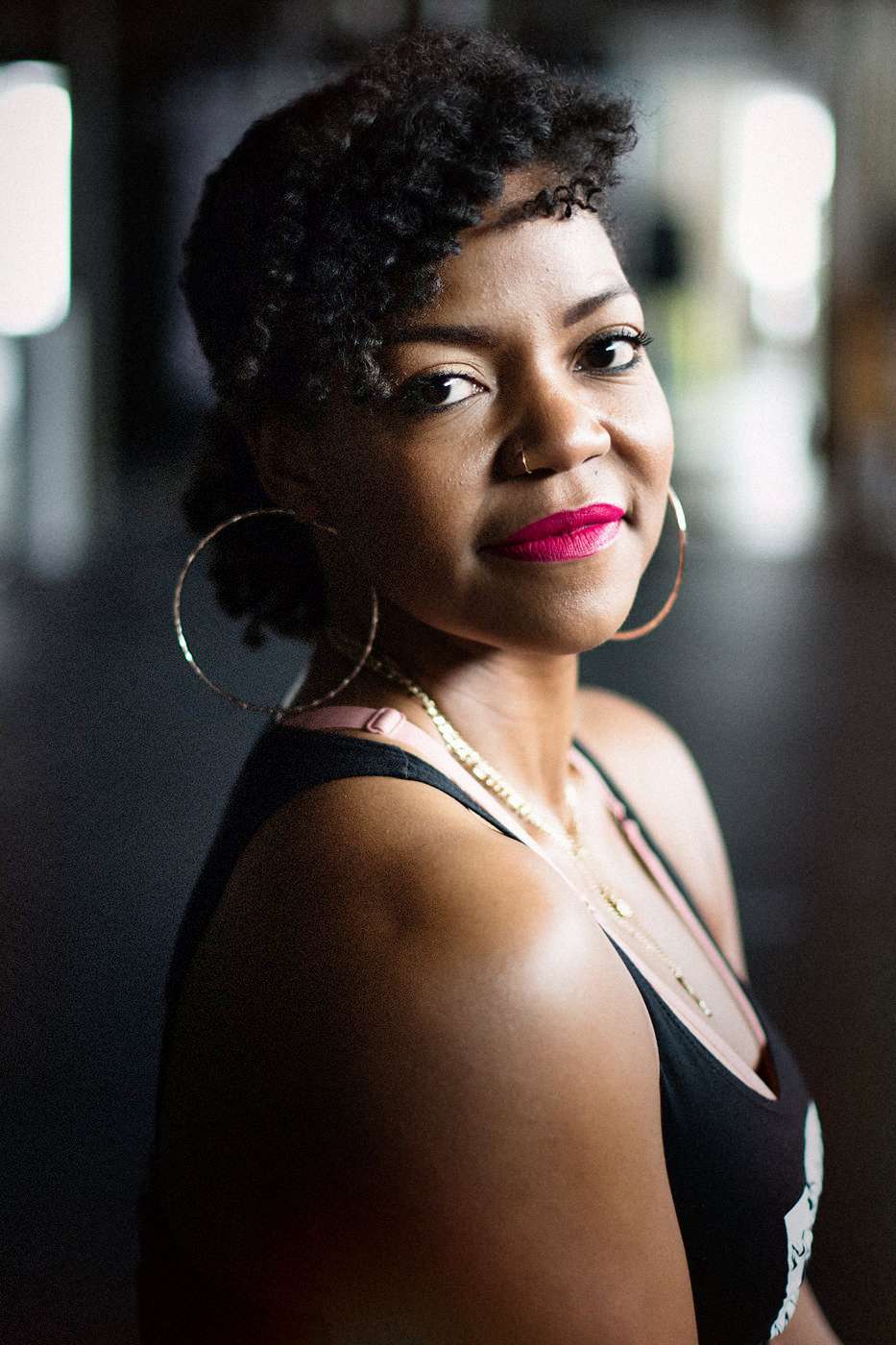How did you get into this work?
I have a background in social justice, and then about five years ago, I started coaching and training. I was like, “Wow, I don’t see a lot of people who look like me in mainstream fitness.” Over three years ago now, I wrote my first blog [post], called “Is Fitness Only for Thin, White Women?” It talked about the lack of diversity and inclusion in fitness. That was a scary thing for me, but it was also one of those moments where it was like a Band-Aid you pulled off. I got so many messages and feedback, mostly from women of color, who were like, “I’m so happy you’re talking about this.”
Why is it so important for the wellness and fitness space in particular to be more inclusive?
You miss important pieces of the puzzle when you don’t have various perspectives coming to the table. If we have people with different identities—whether it’s BIPOC individuals or people from the transgender community or the LGBTQIA community—if they’re not able to walk into spaces and feel seen, respected, celebrated, welcomed, then chances are they won’t return to those spaces. And the benefits of exercise and health and wellness go beyond just fat loss and weight loss, although that’s what the industry focuses on. It goes into our ability to feel energized and nourished and whole in our bodies.
There are actual physical implications of experiencing racism or just the idea that you could experience racism—higher rates of breast cancer, higher rates of high blood pressure, and cardiac issues. And so, for me, we have to be talking about racism in the wellness industry because it actually has a physical impact.
RELATED: It Took 10 Years of Misery to Realize Weight Loss Wasn’t Going to Make Me Happy
In terms of inclusivity, what about women in larger bodies?
I’m a strong believer in working out for the joy of movement or because you like your body feeling strong and capable and doing things that you didn’t think were possible. When you look at the people who are celebrated as the experts in mainstream fitness, and they’re typically not in larger bodies, then you think either “Do I belong in the gym?” or “I don’t feel good enough to be in the gym.” But there are women in larger bodies who are fitness trainers, and seeing those people represented is so important because we need to normalize the fact that people’s ability as coaches and trainers and fitness professionals doesn’t have anything to do with what they look like.
RELATED: I Hid My 'Scary-Big' Shoulders for 29 Years. Here's Why I Finally Embraced Them—And My Own Strength
So how can we make change?
I’m a really big proponent of starting with ourselves—that, as wellness practitioners, we do some work on our own implicit biases. It’s not a comfortable thing to think about, but the reality is, we all have biases. It’s not easy work, but it’s necessary work.
How do you take care of yourself?
I’ve been focusing on restorative movement because I’m already exhausted. So I don’t need to be harder on my body. I’m taking some time for walks, or stretching, or light yoga. I’m just trying to listen to my body, stay hydrated, prioritize my sleep. And I’m trying to get much better at making time to do things like reading books, which I love to do. It’s a challenge for me because I don’t want to say no to things right now because it is such important work. But also, if I said yes to all the things, I would end up burned-out. So trying to find that balance has been something I’m working through.
This article originally appeared in the October 2020 issue of Health Magazine. Click here to subscribe today!
To get our top stories delivered to your inbox, sign up for the Healthy Living newsletter
